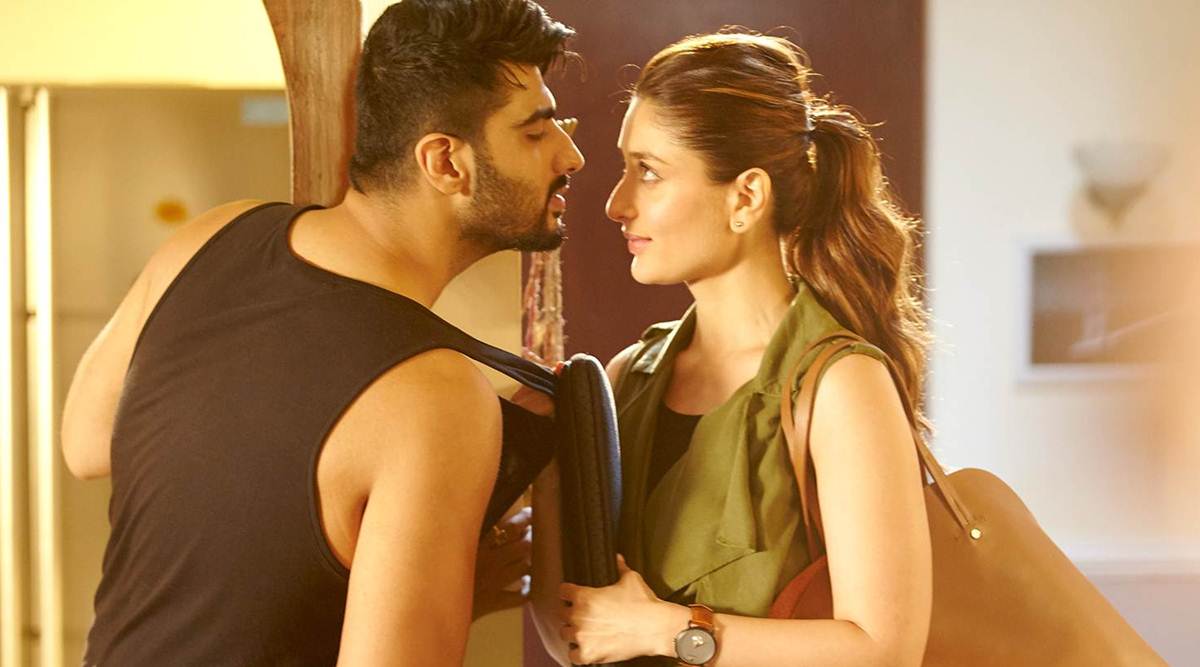Is it time to break the stereotypical roles of men and women?
Hey Radhika—I think you’ve made some interesting points about gender in film, and your article is on the right track. Rather than writing generally about gender role reversal in film, I think it could be to your piece’s advantage to tailor it specifically to be about gender roles in Bollywood. Are there any other films over the years that have tackled this subject? Does Bollywood in particular have a history of regulating men and women to their specific, traditional gender roles? Are these films a reflection of Indian society as a whole? Is Ki and Ka the most progressive film in regards to gender, and if so, why did it take so long? Thanks, and let us know what you think!
Often touted as a reflection of the real life, a movie, with every new subject is in some or the other way inspired by real issues or subjects.In the recent Bollywood film Ki and Ka (2016), director R. Balki forces audiences to consider the reversal of conventional gender roles. With this novel issue comes a revelation as to how this subject was never brought up before? Is the novelty an indication of the prevalence of the diversity of gender-specific roles in the society? Is this inacceptance of sharing of chores today the sole reason behind the time that it took so long for this issue to be taken up on celluloid?
Through Ki and Ka, the audience has been given a fresh and unconventional couple in Kia and Kabir to think over. In a stark contrast to the conventional roles widely prevalent in the society wherein the onus of paying bills lies with the man of the house while running the household is primarily the woman’s reponsibility no matter whether she is working in the professional world or not, Kabir remains the happy-go-lucky man largely unconcerned of earning and wants to keep himself away from the daily corporate rut while his wife Kia is an ambitious honcho who dreams of becoming a CEO some day.

The easy-going Kabir is an exemplary husband. In spite of running the house he is the ultimate support system of his wife and supports her through thick and thin which makes him the pinnacle of a good life partner. Not only he shies from passing the restaurant bill to his wife but also takes off her shoes when she collapses on the bed exhausted from the day’s work. The pinnacle of the story lies in the words of Jaya Bachchan who gives the insight into the crux of the role-reversal issue, “a man not working but handling the house is a brave choice but to be a wife of such a man is a harder choice”. He feels pride in his wife’s success which is one quality that shatters the old image of the egocentric issues that were showcased in Abhimaan (1973).
Dealing with a similar plot Abhimaan was a story of a successful professional singer who gets married to a village belle who herself is an impeccable singer. Early in the marriage he supports his wife’s career encouraging her to accept singing offers but when she becomes more famous than him jealousy surfaces leading to a breakdown of the marriage. Though, the movie ends up on a positive note with the reunion of the couple yet it did foster the idea of pride issue of a husband with a more successful wife.

The journey of Bollywood from Abhimaan to Ki and Ka is the chronicle of the progress that the society has made. Over the last four decades the previously skewed sex ratio in the professional arena has improved giving way to more and more women taking up major managerial roles. This is one of the probable reasons behind more women-centric movies directly or indirectly influenced from real life. As evident from the movies right from Mother India (1957), Erin Brockovich (2000), Queen (2014) or Kahaani (2012) the story revolving the women is in accordance with the society at that time.
A more recent example of a similar image was showcased in The Intern (2015). Jules Ostin is an enviable woman with a dream career, beautiful family and most importantly a supporting husband. But as the story unravels it is revealed that owing to the long and demanding hours of Jules work, her marriage is gradually breaking down and her husband is having an affair. Moreover, it is Jules who is feeling guilty for all these problems plaguing her life and is ready to appoint a CEO to run a job which has been a product of her sheer hard work as a desperate measure to save her marriage.

The Intern is a subtle hint at the elusive female CEOs. In fact, even the mothers of Jules’ daughter’s classmates were disdainful of Jules being more progressive individual than her husband. Ben’s retort to these women is symbolic to the fact that it is the word of respect from a man’s mouth needed to make a career-oriented woman more acceptable in the society even by the members of her own sex.

A similar social stigma was tackled with in Piku (2015). The story of a modern-day girl who is balancing her professional life entwined with the responibility of her aging father. Her sole condition for marriage is that her husband should “adopt her 90 year old kid”. The highlight of her life is the trade-off between her marriage dreams with the love and responsibility that she has for her father which is reminiscent of the social dilemma that every girl needs to go through her life.

Ki and Ka brings forward this issue in general projecting a new angle. Kia’s pride and jealousy surfaces when Kabir starts getting recognition for being a house-husband. Jealousy is inevitable for the person who has been earning for the family to deal with the sudden recognition that the other starts getting but at the end both of them are the pillars of a successful marriage and the yin and yang of the society.
It can be assumed that Ki and Ka is the most progressive entry when it comes to femininism in Bollywood, but, without forgetting that this is much attributed to the outlook of today’s society. The progressive society of the date offers an increased degree of acceptance of the role reversal and is ready to liberate itself from the stereotypical archetype roles of a man and woman. Broader the perspective more progressive will be the cinema and deeper will be the issues maybe a decade hence.

